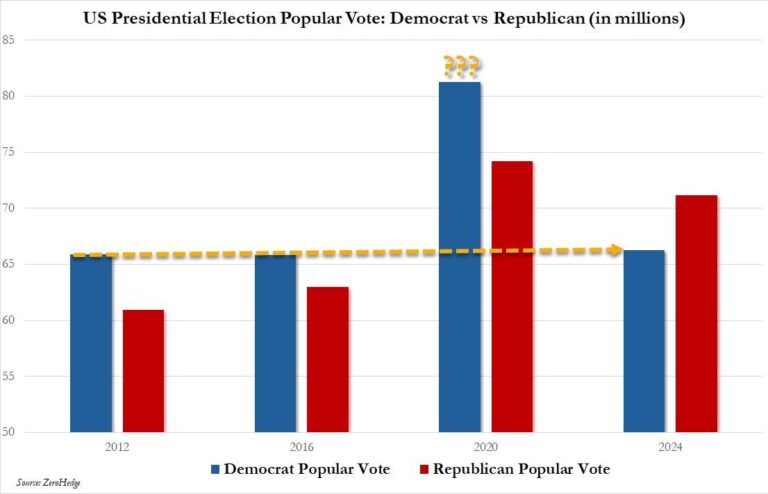
Black Mirror, call your office.
This is just getting weird. This will definitely mess with the grieving process.
Look, I don’t know how dark spirits, demons, et al work. I hope I never do. But something tells me they’d get involved in something like that pretty quick. If you call out into the darkness, they will eventually answer.
Life is a miracle. This is not that. This is a facsimile of that person. This is dangerous and sad.
Yahoo: Late in his life, having already established himself as one of the most influential inventors of all time, Thomas Edison told an interviewer he was working on a new idea that would have blown all of his previous breakthroughs out of the water: A device that would allow the living to communicate with the dead.
Edison’s “spirit phone” never became a reality, of course, but nearly a century after his death, artificial intelligence is giving people a remarkably convincing substitute.
A handful of new startups are taking advantage of AI’s ability to mimic language, voice and movements in order to “resurrect” the dead in the form of a digital avatar. These systems scan photos, messages and recordings to compile an interactive version of a deceased person that the living can have realistic back-and-forth discussions with — either through a text-based chatbot, audio messages or a simulated video call. The level of realism varies a lot depending on the depth of data provided. The most basic options build a relatively crude facsimile using photos and emails. The more intensive versions use hours of video from interviews conducted with someone while they’re still alive to produce what one company calls a “high fidelity” version of them after they’ve passed.
ADVERTISEMENT
One of the most advanced digital afterlife companies, HereAfter AI, developed out of a chatbot that its co-founder built to mimic conversations with his father after he died of lung cancer. The head of one of the other leaders in the space, StoryFile, had his mother’s avatar answer questions at her own funeral. Simpler options have also become popular in China, particularly among parents who have lost children.


